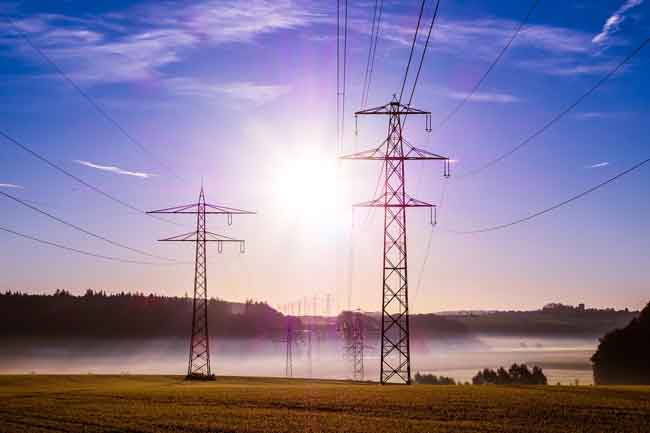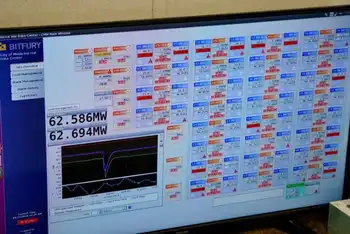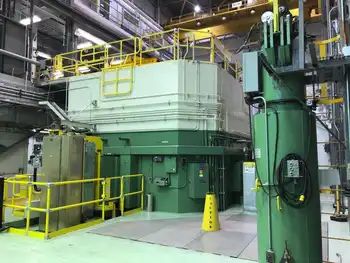New breed of renewable players emerging
By Reuters
Arc Flash Training CSA Z462 - Electrical Safety Essentials
Our customized live online or in‑person group training can be delivered to your staff at your location.

- Live Online
- 6 hours Instructor-led
- Group Training Available
"Real estate players, logistics companies and infrastructure owners are a new class of market players — entities that have suffered from the recession massively," Isabel Boira-Segarra told Reuters at a conference on renewable energy funding.
Such players see entering the renewable energy sector as a way of maximizing their assets after the financial crisis hit their core businesses. However, to do so effectively, they will need a change in culture, Boira-Segarra said.
"To really grasp this opportunity they need to realize this is not quite the same as what they already do and put the right schemes in place. Otherwise we run the risk of ending up with a lot of small-scale renewables that don't work."
In particular, these companies are targeting photovoltaic solar, anaerobic digestion and small-scale wind projects, which they are able to integrate easily into their core business.
"Before, if you had land you would develop it for property. Now, if you have land you are holding it for 10 to 15 years and wondering what to do with it in between," she said.
These smaller players could represent less risk for some investors and bring more competition in the race to secure sparse project finance.
Lenders became risk averse following the global financial crisis and a lot of available capital dried up. Finance is gradually becoming more available on the market, but investors want secure returns.
"If done properly, the nature of these projects should be really attractive to some investors because you get decent returns and some of the off-take risk disappears," Boira-Segarra said.
Partnerships between small players and more established ones like utilities could also emerge. "You reduce the risk and share the assets the projects produce, she added.
The consultant said it was difficult to say how big a share of the market such players could achieve but the British government expected the medium to small-scale market to contribute 2 percent to its renewables target.
The UK has a target to source 15 percent of electricity from renewable energy by 2020.











